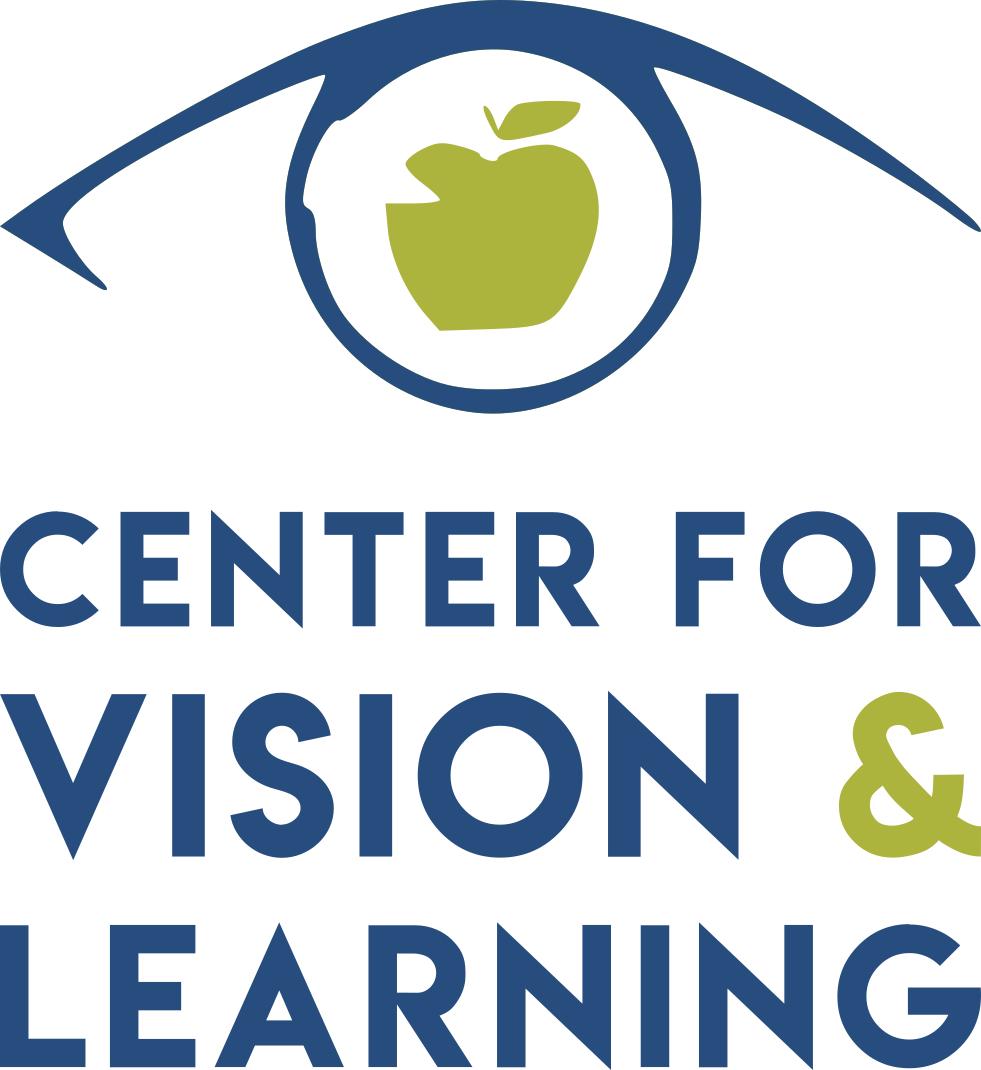Parent-Teacher Conferences in the era of COVID-19
It’s parent-teacher conference time again. As the mom of a teenager, I can say that it really snuck up on me! COVID has ruined my sense of time and with my son attending school online, it does not feel like this should be his 7th week of his sophomore year of high school.
I usually enjoy spending time in the school building. Looking at the art on the walls, catching up with other parents and teachers, hearing the perspective from others about my children. It’s going to be very odd to have our conferences via zoom this year.
At our office, October is the time of year when we start to see an uptick in referrals for pediatric vision exams. Many times, this comes from the conversation between parents and teachers at the school’s parent-teacher conference. At this stage of the school year, teachers typically have had enough time with students to better know and understand his/her learning challenges. And those who have been educated on vision-related learning problems will suggest getting an eye exam to some parents.
I wonder if this year will be different. So many students are attending school online. Do our teachers know and understand their students in the same meaningful way as typical years? And, will parents comment that their child has tired eyes, headaches, and difficulty attending their online classes each day? Will this come up in a parent-teacher conference?
So, what is a vision-related learning problem? Does your student have any of these problems?
· Tired eyes or headaches from school or reading, whether on the computer or not
· Dislike of reading
· Poor comprehension or reading fluency
· Letter reversals such as b and d, beyond the age of 7
· Difficulty remembering sight words or memorizing formulas
· Poor handwriting or drawing ability
· Poor reading skills, despite reading intervention or already wearing glasses
I hope that if you are a teacher and you recognize a student of yours in this list, you will consider a vision referral. And, if you are a parent, and recognize your own child in the description above, you will talk to your child’s teacher about this.
If you are seeing any of these areas of struggle, please don’t wait! This is the perfect time of year to start investigating ways for your learner to struggle less and learn more!
